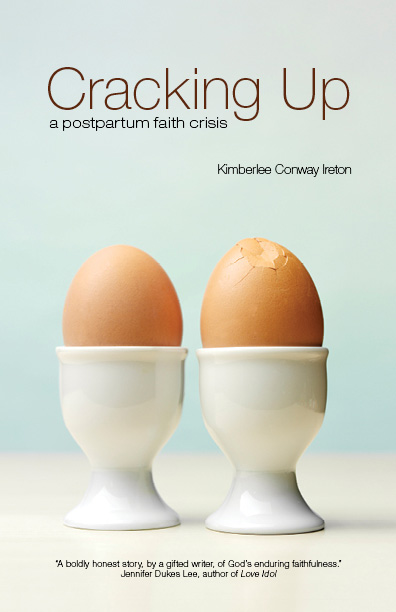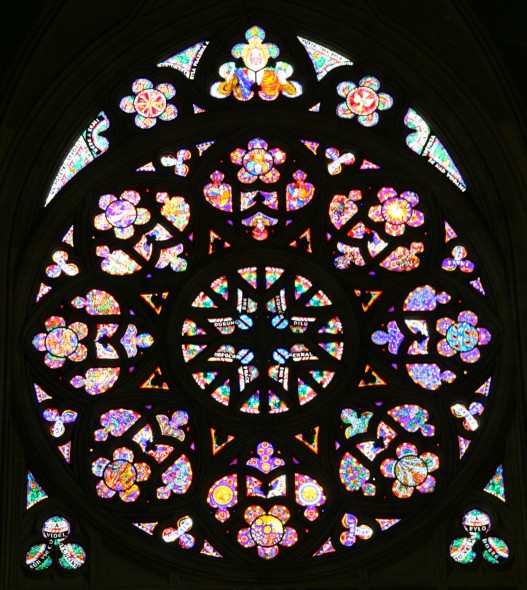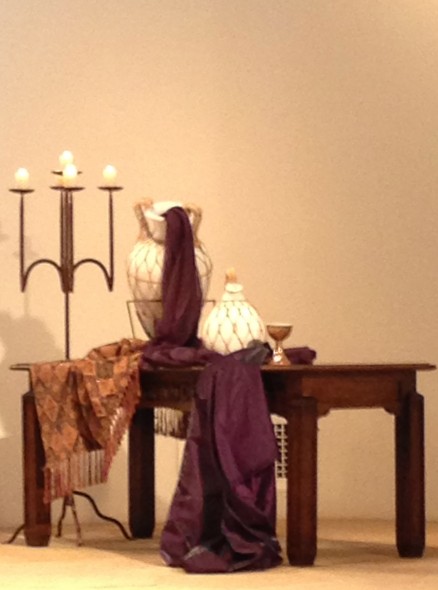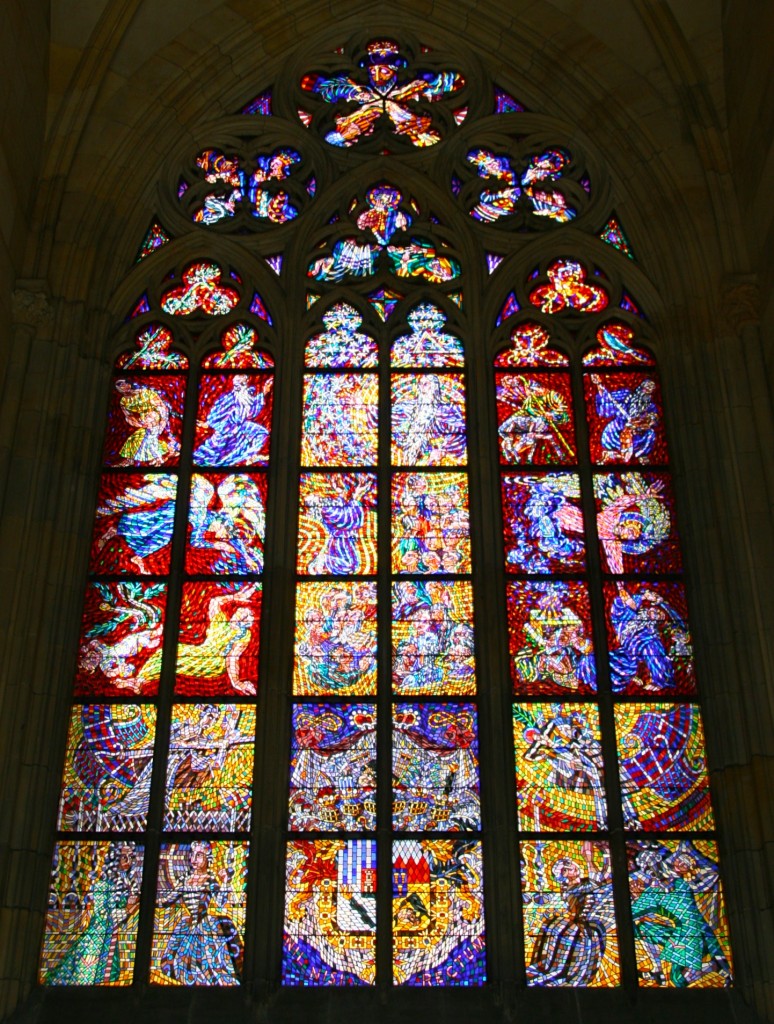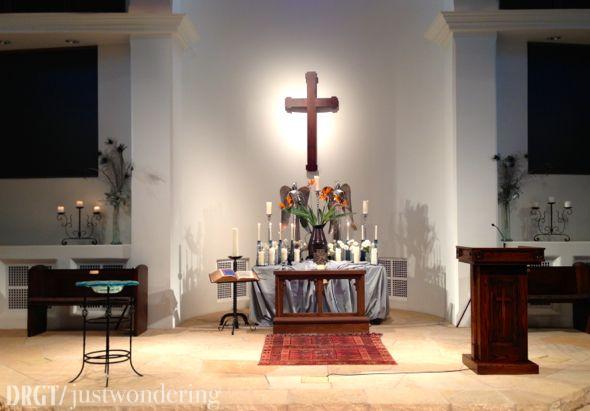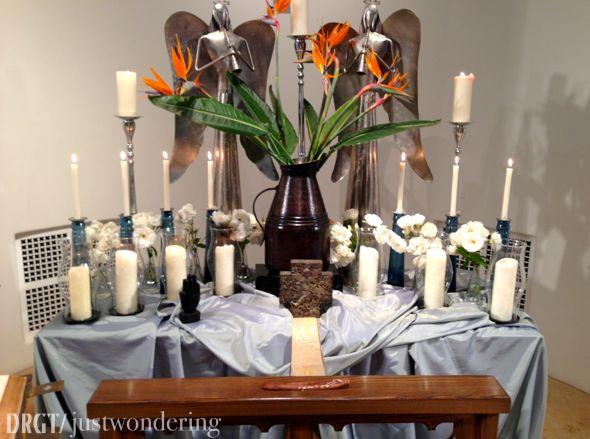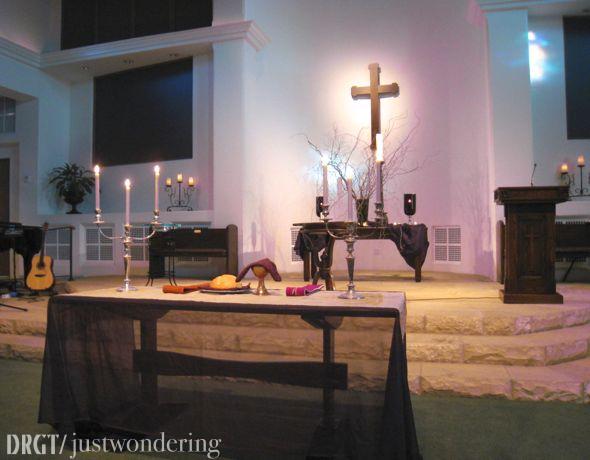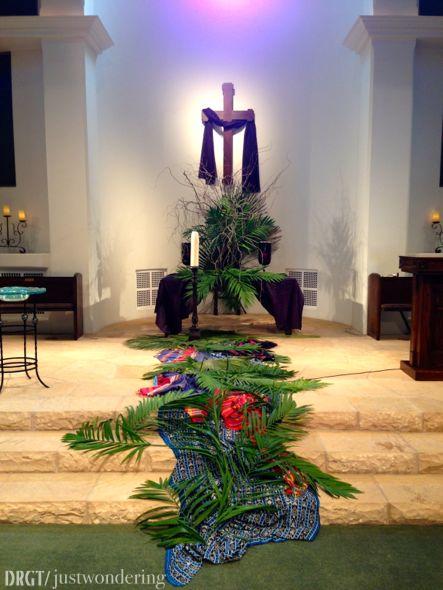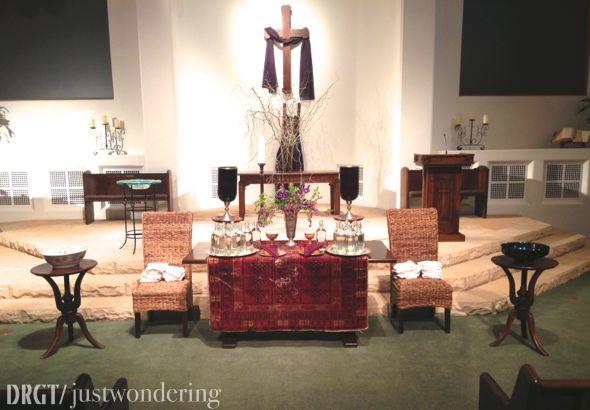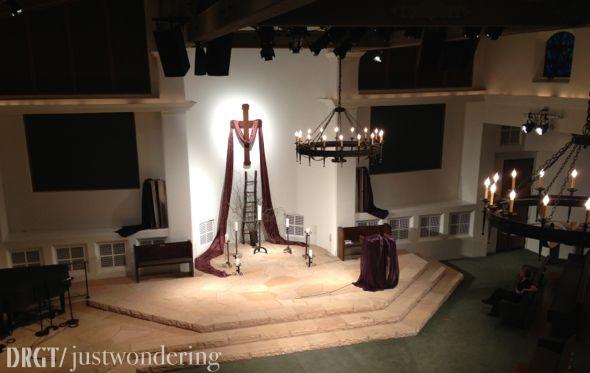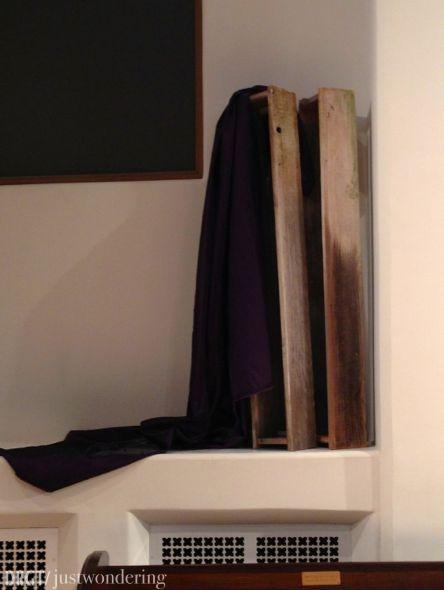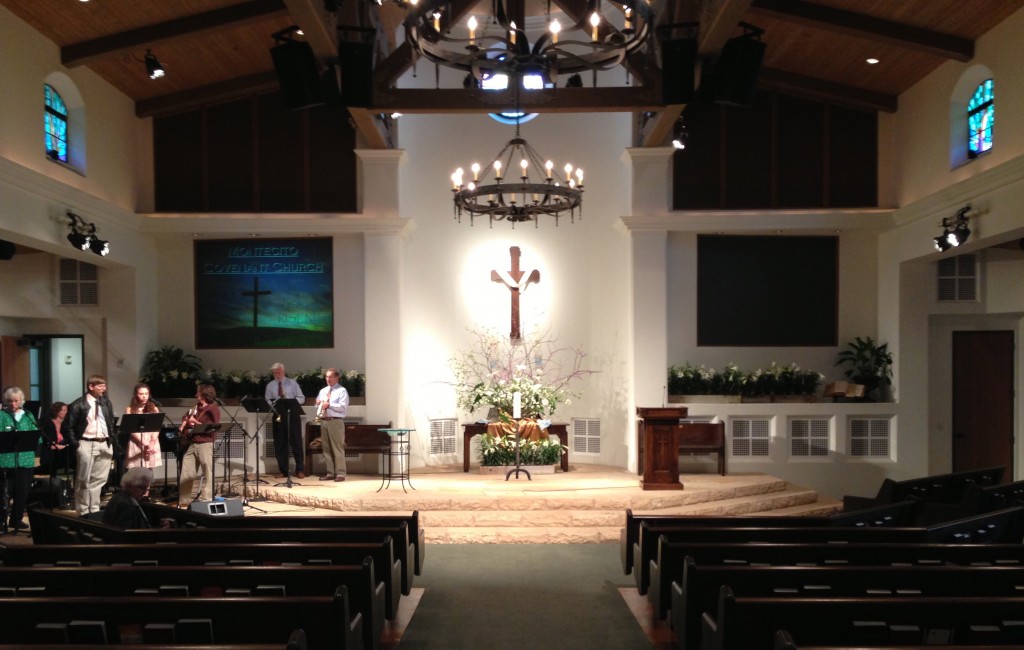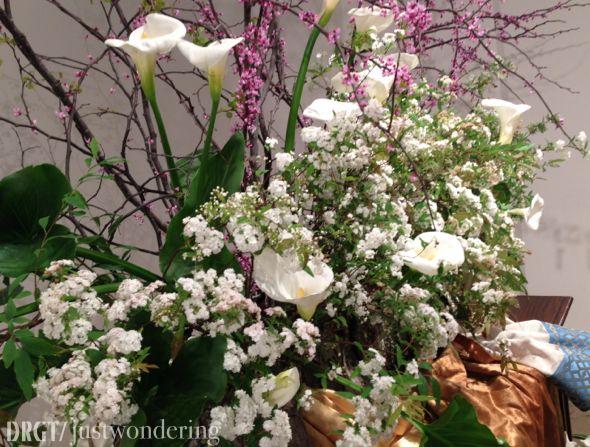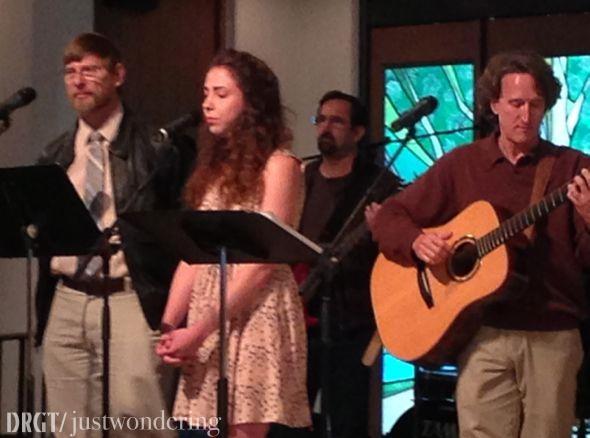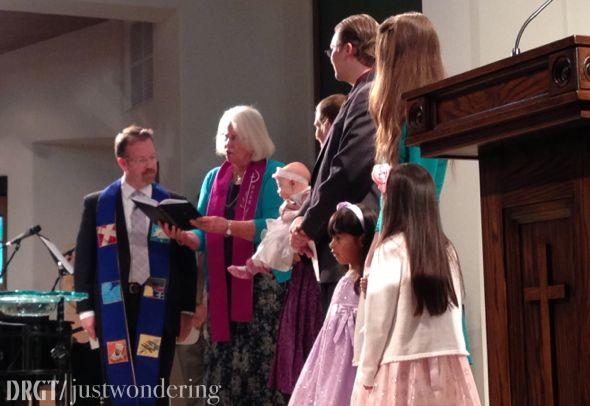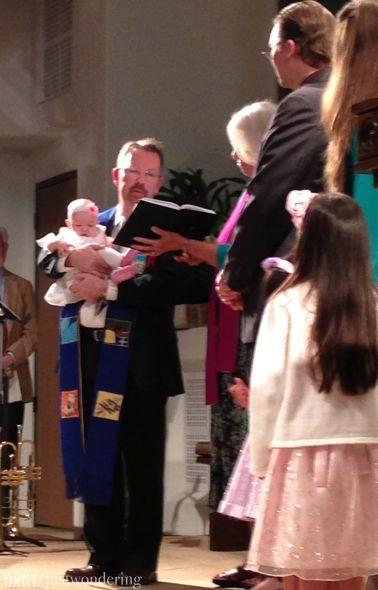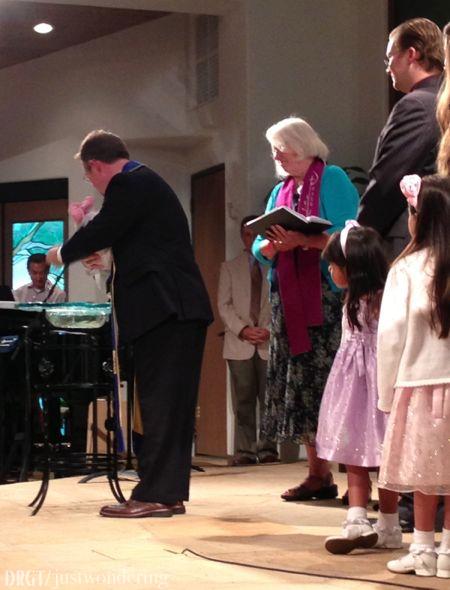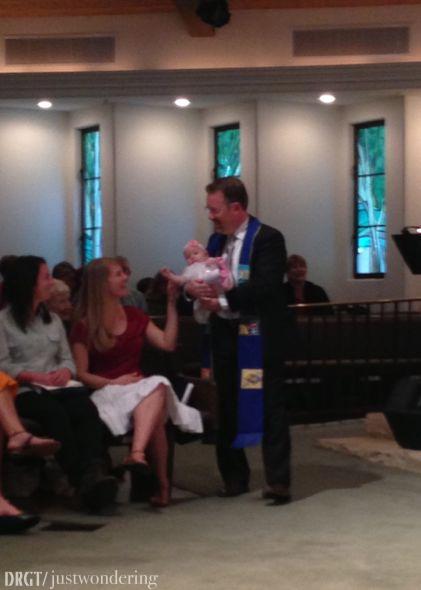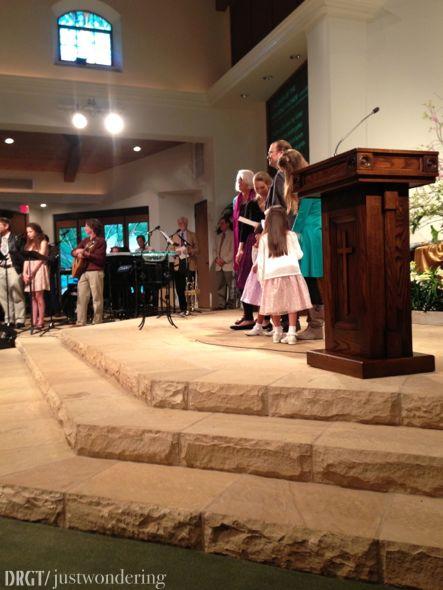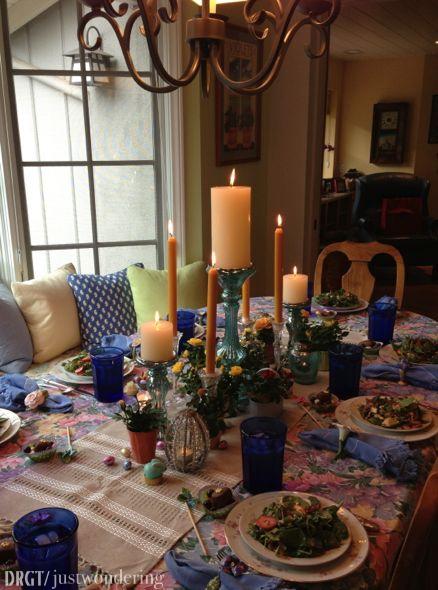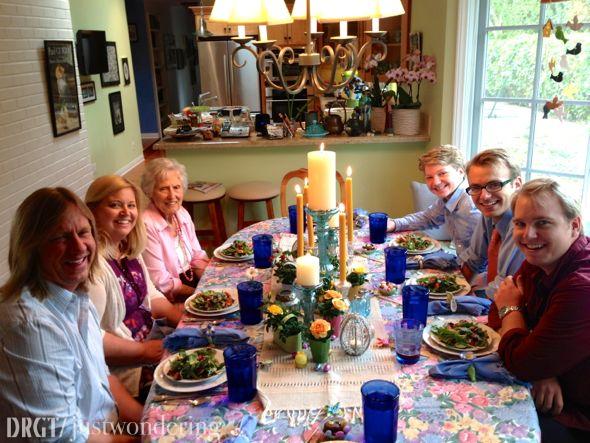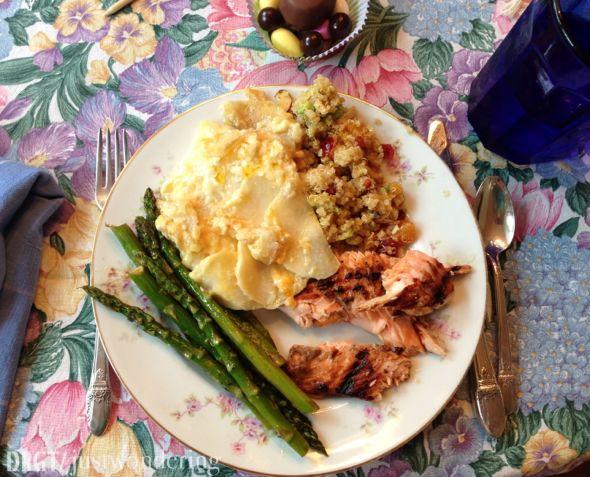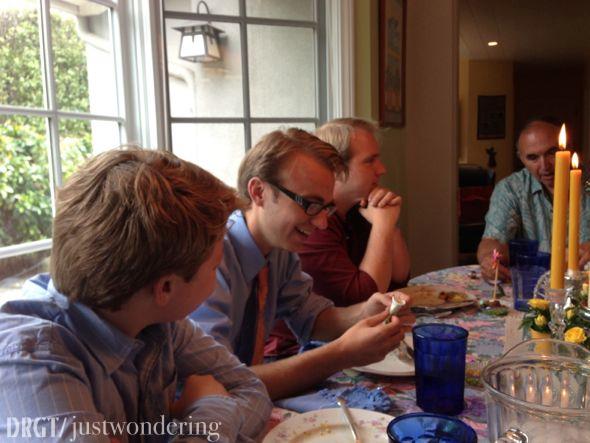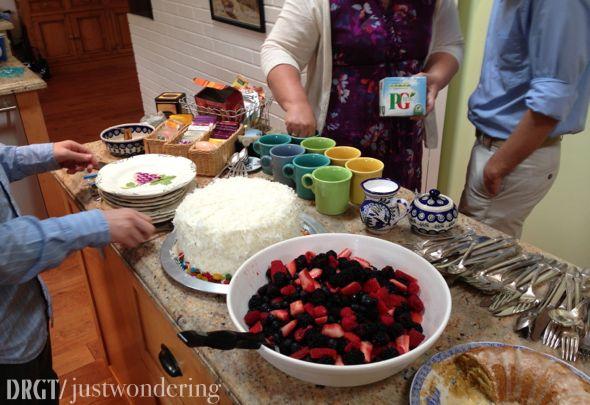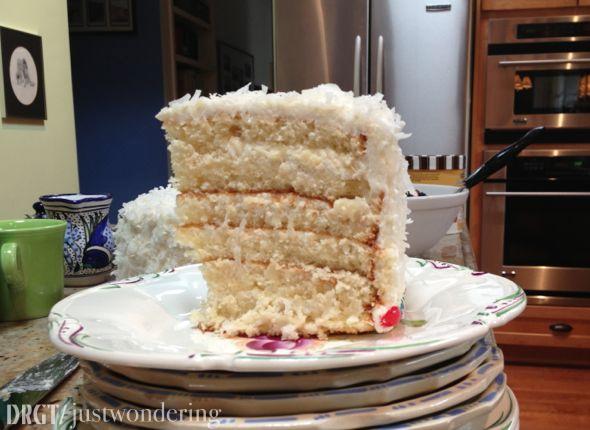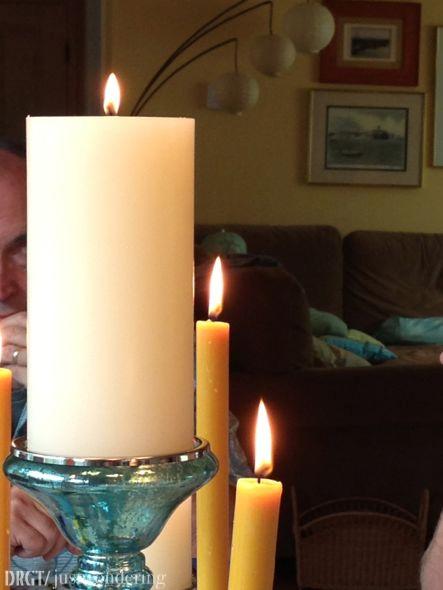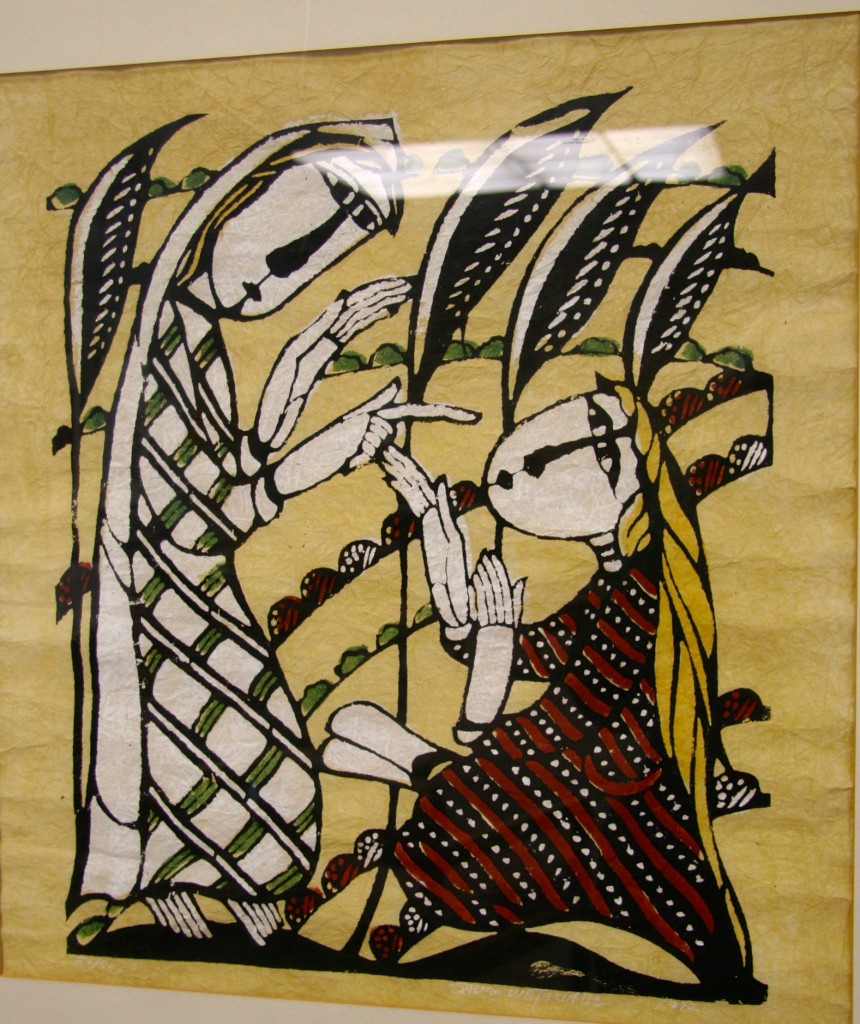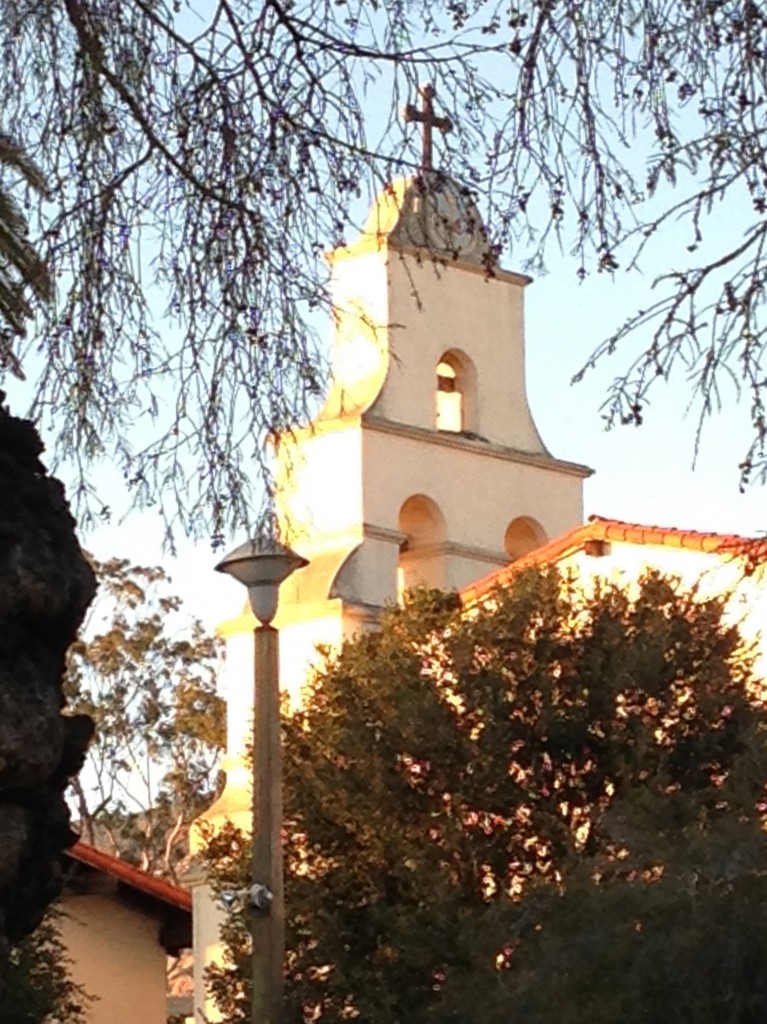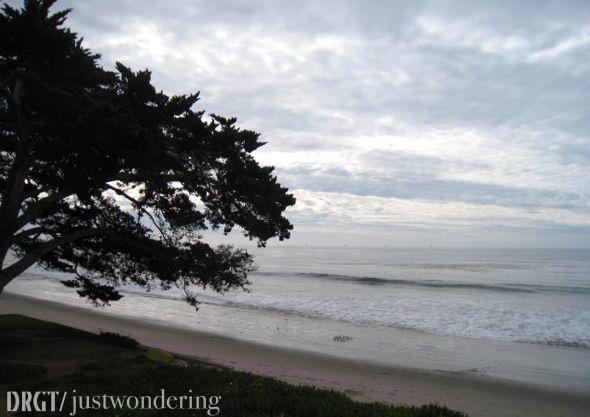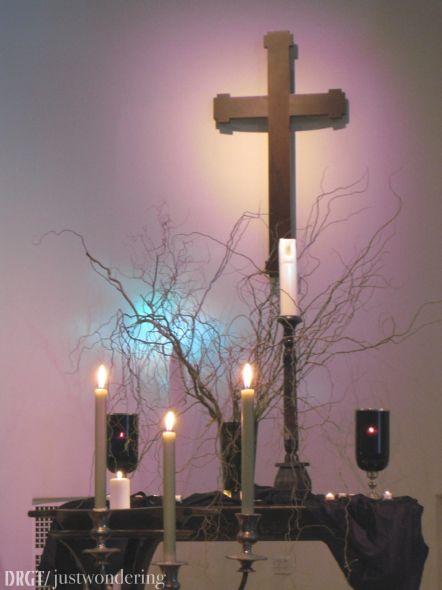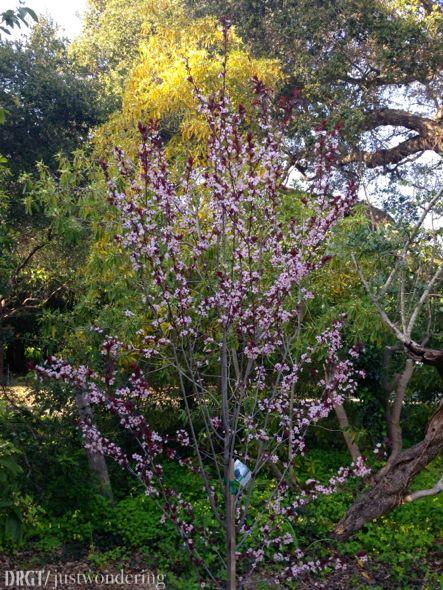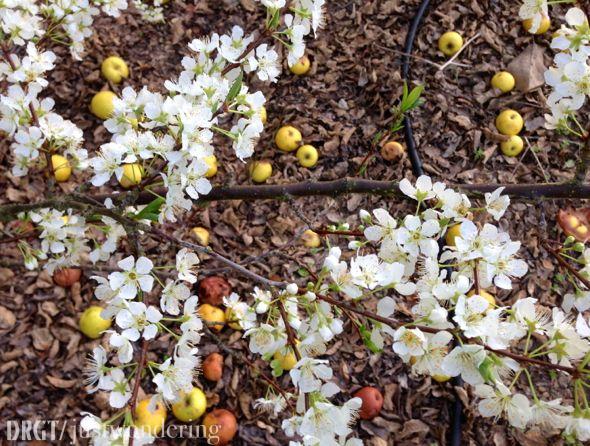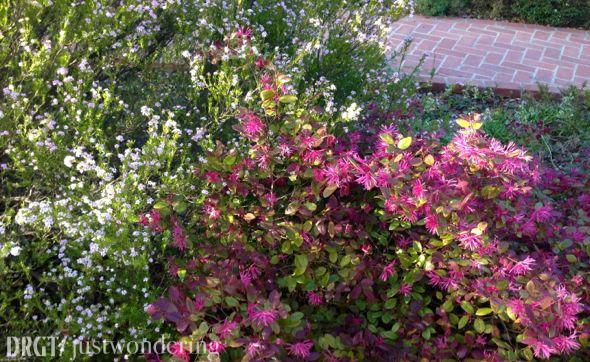Quite simply, this is a stunning book. Filled with laughter, tears, searing honesty and gorgeous writing, this is one of the best reads of the last year or so. Kimberlee Conway Ireton is a ferocious writer. Thoughtful, lyrical at times, straight out funny at others, she weaves together the story of an unexpected pregnancy, after she thought her family was complete.
The pregnancy itself was enough of a shock, but then she found out she was carrying twins.
When, she wonders, will I ever get to write again? How will all these very needy, very small
human beings, each one needing care 24/7 leave any space for me to do what keeps me alive?
Because for Kimberlee, writing is akin to breathing. This is more than sadness, it is existential angst, cutting deep and leaving scars.
And so, the long journey through a very dark valley begins to unfurl. The pregnancy is difficult at points especially with two young children to care for, and a newly published book that is tanking. Delivery day arrives, and Baby A is delivered surprisingly fast – and easily. But Baby B? Again, birth is relatively easy, but crisis looms within hours. The story is harrowing at points, and serves as a portent of things to come
Because the darkest part of the valley shows up slowly, but steadily over the next six months. Kimberlee has advised others to seek medical help much earlier than she did and that is sound advice. Postpartum depression is not a thing to be trifled with, and as I read of the endless fatigue, the early weeks of deep anxiety about Baby B, and then the relentless cloud of anxiety that covered every waking minute of her life, I found myself yelling into the pages, “Get to a doctor, Kimberlee! Get some help.”
All the way through, she journals her faith, even when she isn’t sure she has any. And all the way along, she writes exquisitely. Her deep love for her children, all four of them, shines
through these words, even the hard words, even the longing words, the longing for the life she once had, that is no longer possible. She gives both explicit and implicit testimony to the depth of her commitment to writing, to the truth of the nourishment she finds there, and to the grief she carries because she simply cannot do it all.
But lacing in and out and in between and through is the shimmering story of her connection to God, of her love for the church, for liturgy, for the language of faith and the steadiness
it provides, even in times of disequilibrium. Of special note is the undergirding presence
of family and of so very many church friends who helped to shoulder the burden of this hard, hard time.
Kimberlee prays Psalm 63, a lament, all the way through the darkest part of these months of upheaval and pain. And in so doing, she joins a long line of the faithful across the centuries who choose to turn toward God rather than away when life overwhelms. Because God is not overwhelmed by our fear, our sense of loss, our pain. In fact, God is the only safe place to carry all that weighs us down, all that shuts out the light.
She practices gratitude, faithfully. She clings to hope, fiercely. She finally seeks help, almost unwillingly. And when she does, she finds God there, too.
This is a remarkable story, beautifully told, Threading together journal entries, blog posts,
prayers and reflections, Kimberlee chooses the structure of the church year to tell this tale. In the end, rest comes. Help comes. Light dawns. Life does not become miraculously easy, that’s not possible, nor even desirable. But it does become bearable. It becomes breathable. Livable.
And I, for one, am deeply glad that this story made it out her fingertips and onto the page. I would not have missed it for the world.
“Each day,” she notes, our children grow a little older. . .
“I somehow didn’t expect it.
They forget to tell you when you’re pregnant that motherhood is a long,
slow process of letting go, a daily dying to what was in order to
embrace what is. They forget to tell you how your heart breaks
and breaks and keeps on breaking.
They forget to tell you how much it hurts to love a child. . .
[but] . . . I wouldn’t have it any other way. This ache,
these tears say to me that my heart is still soft, and love grows
in soft, broken places. . . “ (pg. 129)

